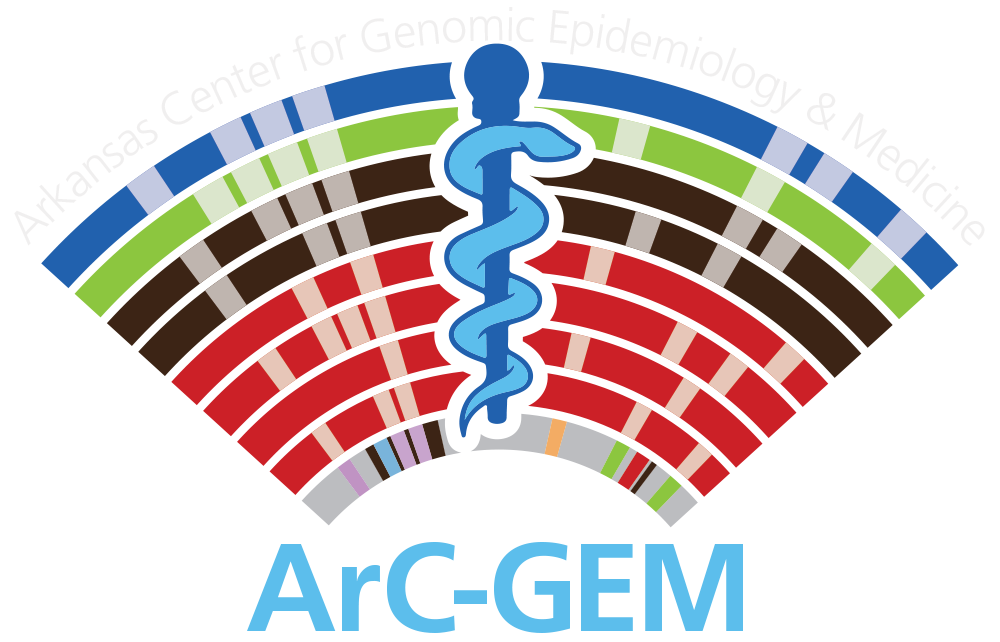Nipa Chokesajjawatee, Pannita Santiyanont, Kanittha Chantarasakha, Kanokarn Kocharin, Chinae Thammarongtham, Supatcha Lertampaiporn, Tayvich Vorapreeda, Tanawut Srisuk, Thidathip Wongsurawat, Piroon Jenjaroenpun, Intawat Nookaew, and Wonnop Visessanguan
Scientific reports. 2020 Jun 24;10(1):1-2.
Abstract
The safety of microbial cultures utilized for consumption is vital for public health and should be thoroughly assessed. Although general aspects on the safety assessment of microbial cultures have been suggested, no methodological detail nor procedural guideline have been published. Herein, we propose a detailed protocol on microbial strain safety assessment via whole-genome sequence analysis. A starter culture employed in traditional fermented pork production, nham, namely Lactobacillus plantarum BCC9546, was used as an example. The strain’s whole-genome was sequenced through several next-generation sequencing techniques. Incomplete plasmid information from the PacBio sequencing platform and shorter chromosome size from the hybrid Oxford Nanopore-Illumina platform were noted. The methods for 1) unambiguous species identification using 16S rRNA gene and average nucleotide identity, 2) determination of virulence factors and undesirable genes, 3) determination of antimicrobial resistance properties and their possibility of transfer, and 4) determination of antimicrobial drug production capability of the strain were provided in detail. Applicability of the search tools and limitations of databases were discussed. Finally, a procedural guideline for the safety assessment of microbial strains via whole-genome analysis was proposed.
Read the publication here: https://www.nature.com/articles/s41598-020-66857-2

